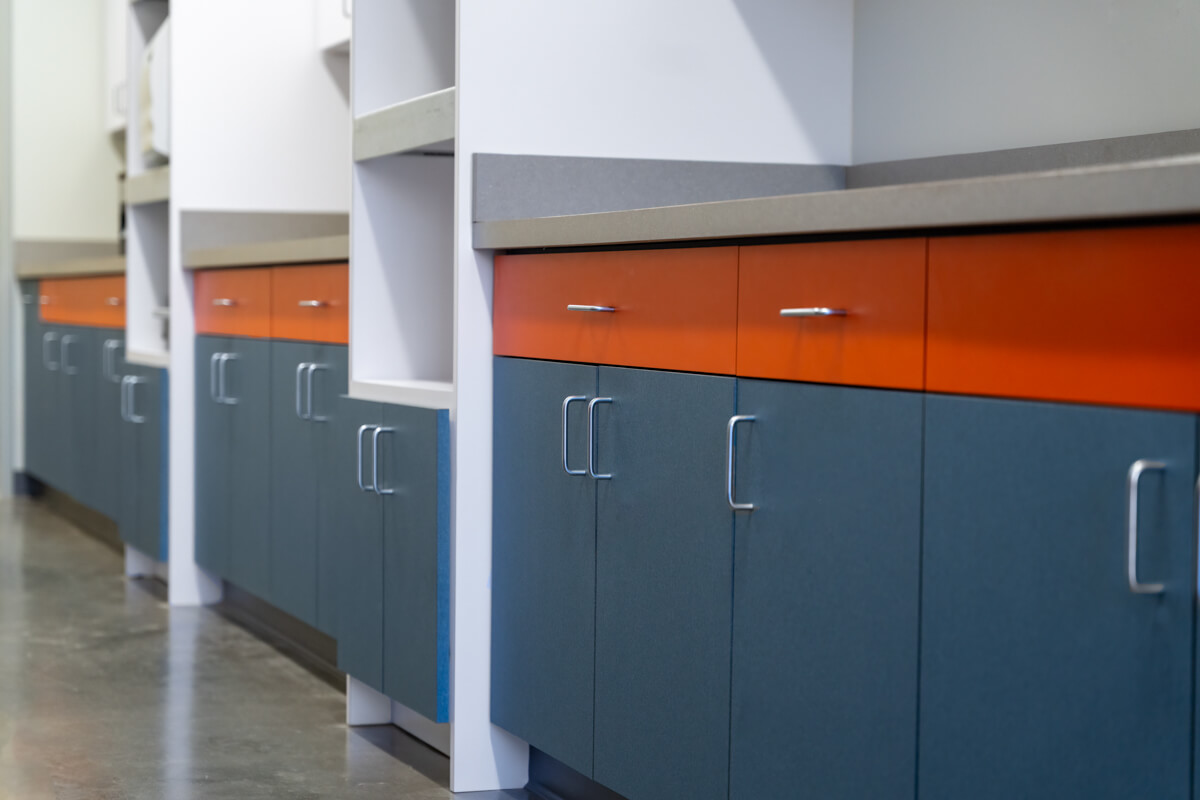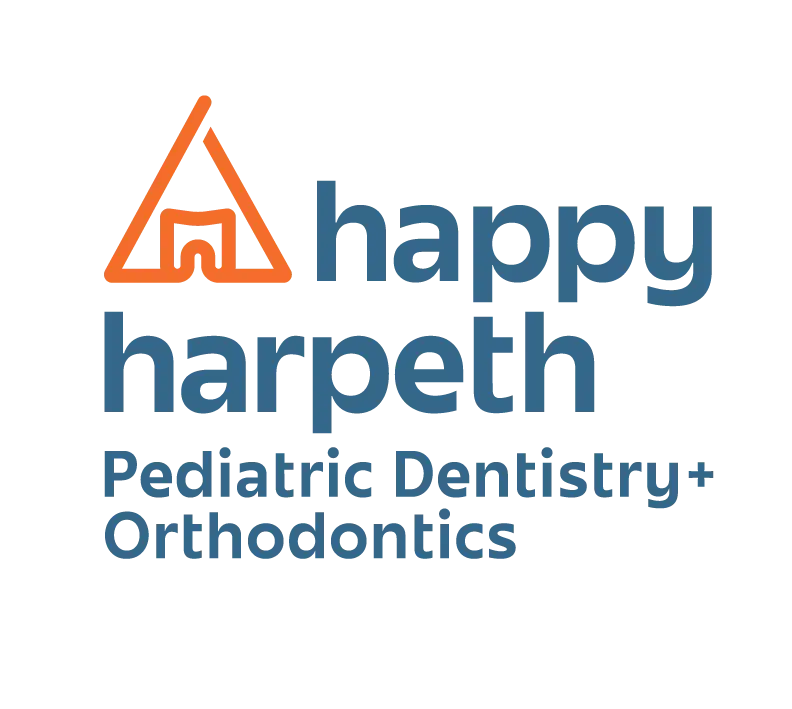The American Association of Orthodontists recommends that children see an orthodontist for an evaluation no later than age 7. There are several advantages to orthodontic treatments while you’re young, like more effective results and shorter treatment times, but why is that?
In this article, we’ll explore the biological reasons why professional orthodontists recommend getting treatment while you’re young. Moreover, we’ll answer the question of whether or not adults can get braces or Invisalign® and what their available options are.

What’s the Best Age for Getting Braces?
According to the American Association of Orthodontists, every child should see an orthodontist around seven years old. This age is a determining moment in a child’s development, and their jaw and mouth aren’t an exception.
However, this does not imply that the orthodontist will begin treatment at this early stage. When your child turns seven, their back bite has finished growing, so it’s an ideal time for a dentist to evaluate the relationship between your child’s teeth and whether they fit against each other or not.
Orthodontists assess a child's dental and skeletal development and determine whether early intervention is needed to correct a potential severe orthodontic problem, such as a crossbite. They can also make a specialized judgment on whether a child will need braces or Invisalign later and when it is best to start.
That time tends to be between the ages of 9 and 14 when a child’s permanent teeth have emerged. At this point, a kid’s jaws and facial bones are more malleable because they’re still developing.
Treatment before that may require a second phase of treatment later, subjecting a child to more years of treatment and higher costs for their parents.
How Do Braces Work?
Many dental problems, such as crooked, gapped, rotated, or crowded teeth, can be resolved with braces. They apply a gentle but continuous pressure on your teeth, making them and the surrounding bone tissue shift and remodel. Your choice of braces will determine how exactly this takes place.
The majority of people mistakenly believe that the teeth and jawbone are directly linked. However, the periodontal ligament—a membrane located beneath the gums—is what connects your teeth to your jaw. This membrane responds to the pressure that braces put on your teeth to control their position.
The other biological factor that makes braces work is bone remodeling.
Unbeknownst to most, our bones are continually remodeling themselves to maintain mineral homeostasis and preserve bone integrity by replacing damaged tissue with new structures.
In this process, large cells called osteoclasts break down bone tissue to release calcium into the bloodstream and meet the body’s metabolic needs. While that is happening, another type of cell called osteoblasts creates new bone tissue to maintain the skeletal structure.
Braces take advantage of this natural process to move teeth. Following the root's movement, the tooth's bone will resorb and osseointegrate in response to bone remodeling, making shifting easier.
The problem is that as we grow older, the velocity of this process slows down considerably. Bone formation during childhood outpaces destruction because the body’s goal is growth.
Once skeletal maturity is attained, the two processes reach a state of equilibrium. This is also why adults take longer to heal from fractures. However, it also means that, after the body has reached maturity, it’s harder for individuals to undergo an orthodontic treatment.

Can Adolescents Still Get Braces?
As adolescents complete their development into adults, their jawlines and underlying tissue are still developing. Because of that, their jawbone is still flexible at this phase, and the teeth may be more responsive to braces.
However, many teenagers feel like they’re too old for braces due to insecurities or common myths. This is by no means true.
Receiving orthodontic treatment as a teen can prevent the development of more severe dental issues in patients down the road, such as TMJ disorder brought on by a misaligned bite or tooth decay from crowded teeth.
A benefit teenagers have over children when getting braces is that they can be more responsible with their expensive brackets, be it protecting them from trauma or even maintaining better oral health. Additionally, many insurance companies cover braces fully and partially for patients under 18 years old.
So even if your teen feels like they’re too young for braces, the earlier they take the jump, the better.
Can’t Adults Get Braces?
You are never too old for orthodontic treatment. In fact, according to the American Association of Orthodontists (AAO), one in three orthodontic patients is an adult.
This proves that nowadays, the stigma around adult braces has less and less weight in society.
The main difference between adult and minor orthodontics is that adults' teeth are no longer growing. This won’t impact the success of their treatment, but it can make braces for the same underlying issue considerably longer.
Other factors your orthodontist will take into account are the presence of any dental diseases, fillings, missing teeth, worn-down or malformed teeth, and behaviors such as smoking, teeth clenching, or tongue thrusting to determine the best course of action.
In order to ensure the best possible oral health for certain adults, they may need to consult with other dental specialists, including periodontists, endodontists, and oral surgeons.
Nevertheless, braces' effectiveness tends to depend heavily on users’ willingness to endure treatment and adhere to their orthodontist's instructions. So, orthodontics has no age limit, as long as you are willing!

Turn to an Orthodontist in Smyrna, TN!
Braces are a highly beneficial orthodontic treatment. They can fix overcrowded, misaligned, or crooked bites, preventing cavities and temporomandibular joint disorders that negatively impact an individual’s daily life.
There are many factors an orthodontics Happy Harpeth will consider before recommending braces to a patient—from their mouth’s health to their daily habits and oral hygiene. However, their age will never be a limiting factor.
If you’re interested in learning more about orthodontic treatments, be it for kids, teenagers, or adults, schedule an appointment with us!
*Invisalign®, the Invisalign logo, and iTero®, among others, are trademarks and/ or service marks of Align Technology, Inc. or one of its subsidiaries or affiliated companies and may be registered in the U.S. and/or other countries.





